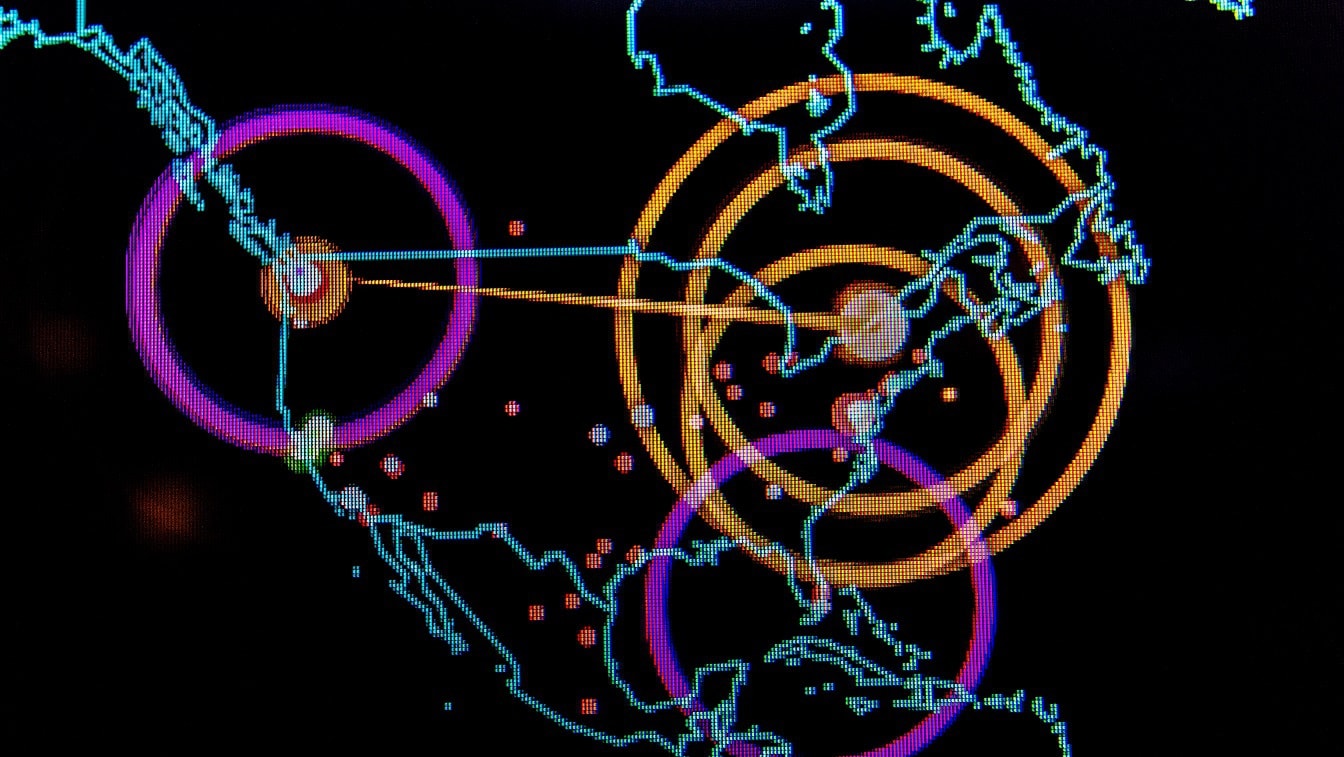As the world turns increasingly digital with every passing moment, cybersecurity has become pivotal to national security. As a result, a robust cyber defense against state and non-state malign actors is paramount. To ensure that, the White House issued a memorandum that empowers the U.S. Intelligence Community to bolster the public sector’s cyber defenses and guide the private sector.
National Security Memorandum 8
Titled “Improving the Cybersecurity of National Security, Department of Defense, and Intelligence Community Systems,” the memorandum empowers the National Security Agency (NSA) to direct federal agencies and departments to upgrade and modernize their national security systems encryption protocols.
“We stand ready to fulfill our role, and our responsibility, in securing our nation against foreign malicious actors, and any efforts to exploit our national security systems,” General Paul M. Nakasone, Commander of the U.S. Cyber Command, Director of the NSA and Chief of Central Security Service, said in a press release.
“As the nation’s leader in cryptography, NSA will play a significant role in ensuring cryptographic interoperability among national security system users through cryptographic standards for use on NSS [National Security Systems],” added the NSA director.
In addition, the National Security Memorandum 8 requires the NSA to share with the chief information officers of the private sector quantum-resistant protocols and quantum-resistant cryptography instructions and documents.
“The new authorities will provide us with the necessary cybersecurity visibility into our most important systems. This new insight will allow us to identify vulnerabilities, detect malicious threat activity and drive mitigations to better secure all national security systems,” Rob Joyce, NSA’s Cybersecurity Director and Deputy National Manager for national security systems, stated.
More Authorities for the NSA
The memorandum gives the director of the NSA, who is also the National Manager for the National Security Systems (NSS), with enhanced insight and authorities to safeguard military, intelligence, and diplomatic networks that contain classified information.
With respect to the legality, the NSA will be able to order updates and fixes through binding operational directives, such as the ones issued by the Cybersecurity and Information Security Agency (CISA), to bolster an agency’s or department’s cyber defenses against malign state and non-state actors.
Furthermore, all departments and agencies that are using National Security Systems for the classified communications will now report to the director of the NSA for both defensive actions (for example, mitigation actions employed to counter a specific threat incident) and also provide assessments after cyberattacks against their systems.
The National Security Memorandum 8 essentially centralizes U.S. cyber defenses and attempts to reduce the stove-piping of information and knowledge.
The National Security Agency (NSA) is the primary signals intelligence component of the U.S. Intelligence Community.
1945’s New Defense and National Security Columnist, Stavros Atlamazoglou is a seasoned defense journalist specializing in special operations, a Hellenic Army veteran (national service with the 575th Marine Battalion and Army HQ), and a Johns Hopkins University graduate. His work has been featured in Business Insider, Sandboxx, and SOFREP.

